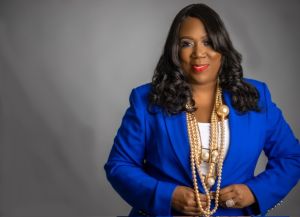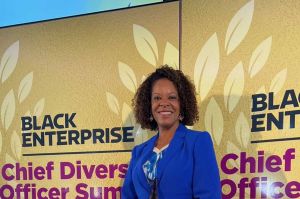Editor’s note: This is an update of an article originally published on Oct. 10, 2022.
The second Monday in October marks Indigenous Peoples’ Day, which is a time to celebrate the histories, perspectives and cultures of Indigenous peoples and their ancestors who live in North America.
President Biden made history in 2021 by issuing the inaugural presidential proclamation of Indigenous Peoples’ Day.
In his 2023 proclamation of the observance, Biden spoke of the importance of Indigenous peoples to the success of the country.
“Today, Indigenous peoples are a beacon of resilience, strength and perseverance as well as a source of incredible contributions,” he said. “Indigenous peoples and Tribal Nations continue to practice their cultures, remember their heritages and pass down their histories from generation to generation.”
The History of Indigenous Peoples’ Day
The idea of celebrating Indigenous Peoples’ Day instead of Columbus Day was introduced at a United Nations International Conference on Discrimination against Indigenous Populations in 1977.
South Dakota was actually the first state to do away with Columbus Day and instead replaced it with Native American Day in 1990 when Native American publisher Tim Giago called the Gov. of South Dakota to declare 1990 as the “Year of Reconciliation” between whites and Native Americans. The proposal was voted on unanimously by lawmakers in the state.
The first city to officially celebrate Indigenous Peoples’ Day in place of Columbus Day was Berkeley, California, in 1992. The decision to celebrate it coincided with the 500th anniversary of Christopher Columbus’ arrival in the Americas.
While it’s not a federal holiday and is a national holiday, many states and cities celebrate it in some form. States that celebrate it under a different name include:
- Alabama (American Heritage Day)
- Hawaii (Discoverers’ Day)
- South Dakota (Native Americans’ Day)
- Texas (Indigenous Peoples’ Week)
States Fighting to Officially Change Columbus Day to Indigenous Peoples’ Day
While there are no plans as of now to declare Indigenous Peoples’ Day as a federal observance in place of Columbus Day, several states are working to officially recognize the day in place of Columbus Day within their communities and some have already done so.
In 2019 and 2020, California Gov. Gavin Newsom declared Indigenous Peoples’ Day as the second Monday in October in the state after long recognizing it as Columbus Day. While it is recognized, it is not considered a holiday in the state.
There are many states and the District of Columbia that do not officially observe Columbus Day. Some of those states include:
- Arkansas
- Delaware
- Florida
- Iowa
- Kentucky
- Louisiana
- Oklahoma
- South Carolina
- Vermont
- Washington
- Wisconsin
- Wyoming
How to Address the Second Monday in October as an Employer
While the number of companies that have Columbus Day or Indigenous Peoples’ Day off as a paid holiday has tapered over the years, employers can still plan to engage with their workforce on this day.
Rather than talking specifically about the holiday itself, use the day as a time to plan workplace fairness training. It can serve as an opportunity to open up conversations about equity and inclusion in the workplace and address any areas where the company could improve.















